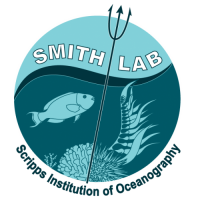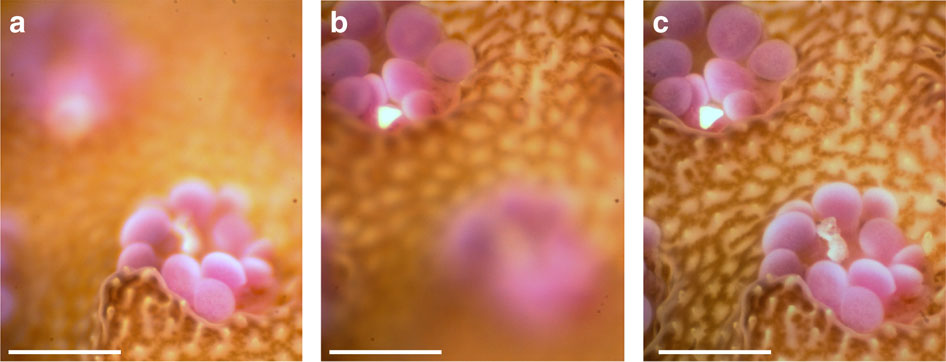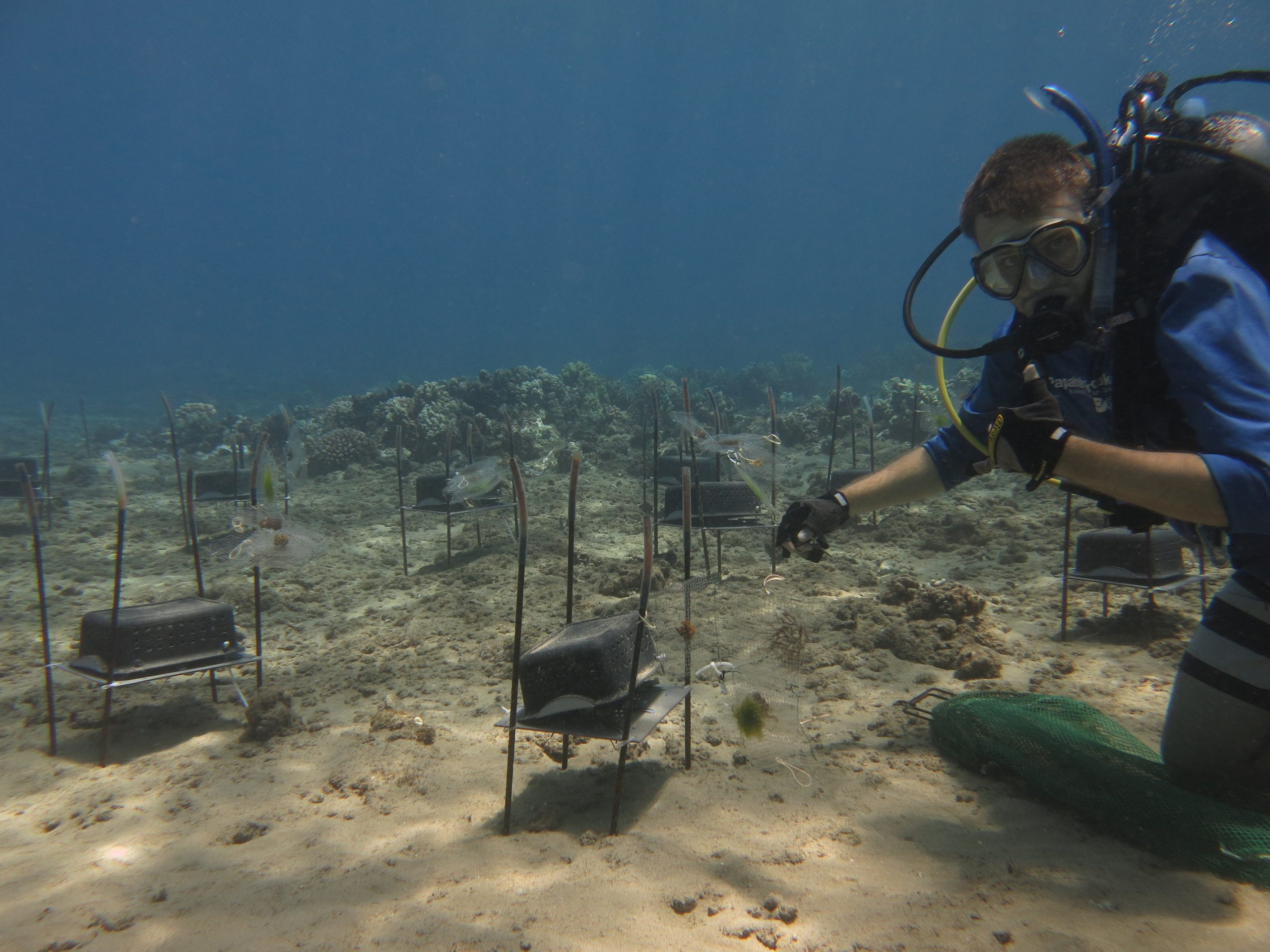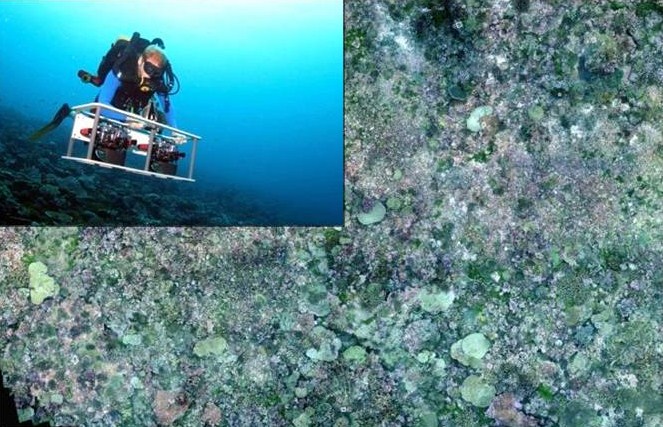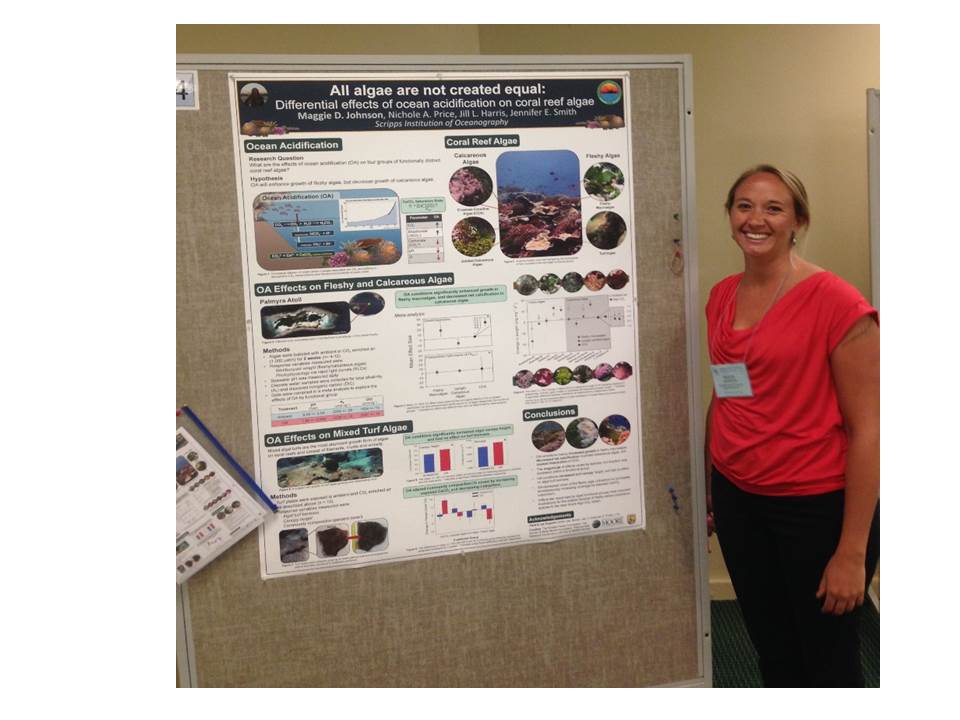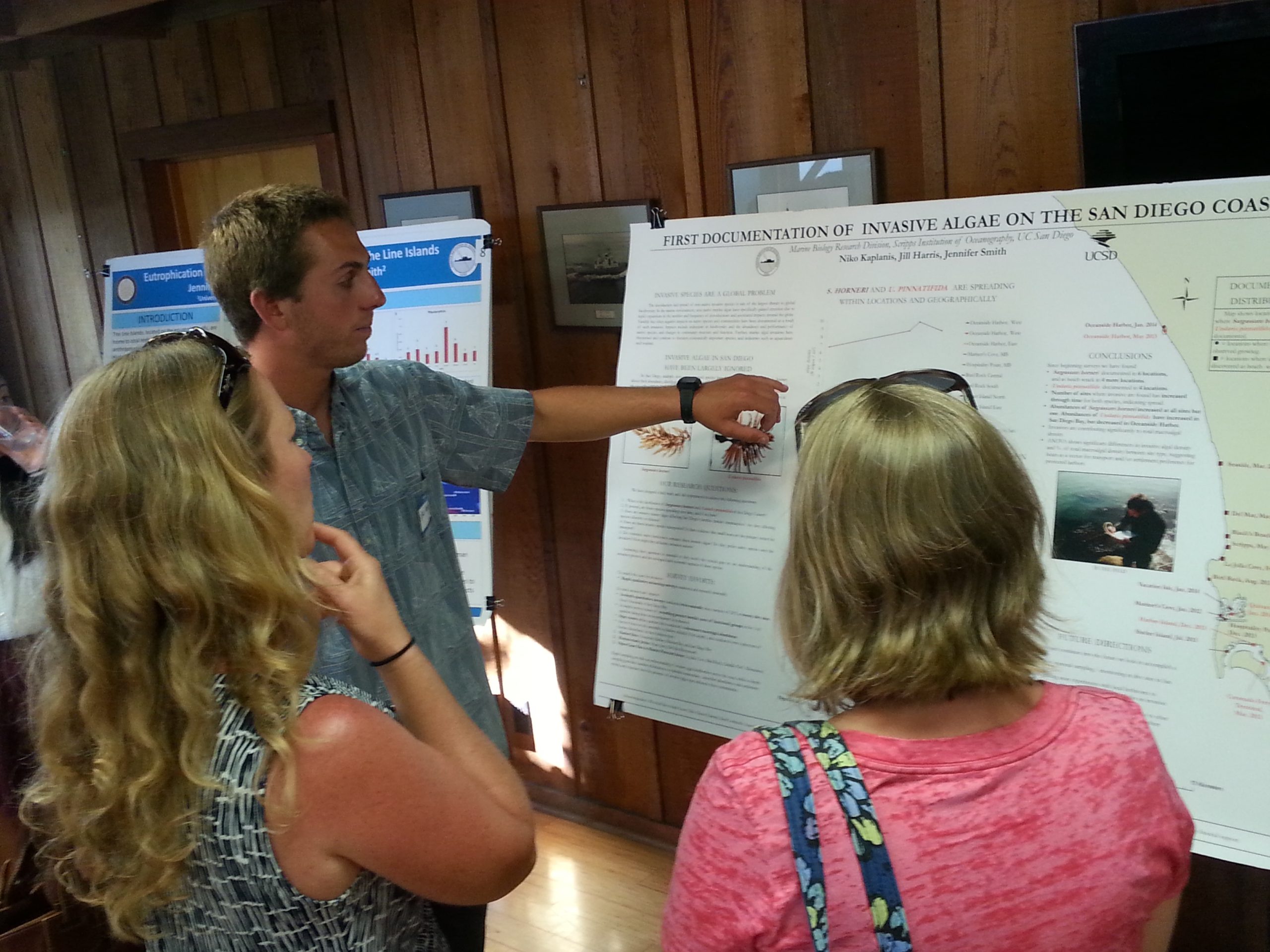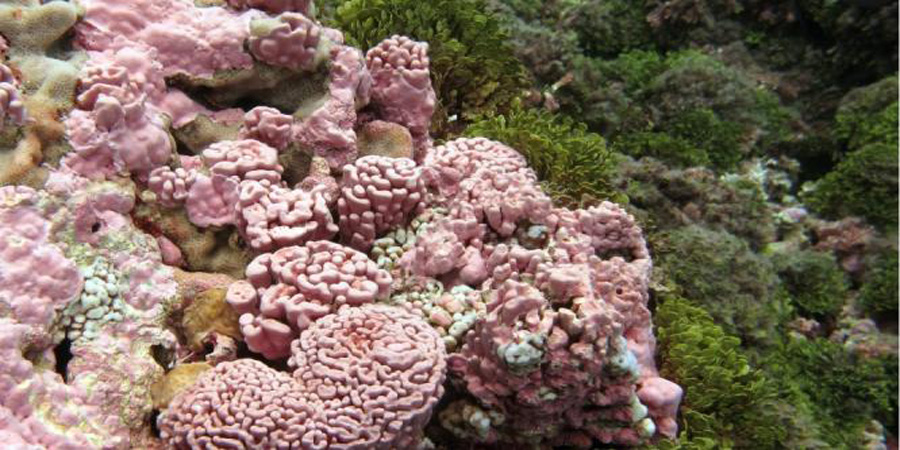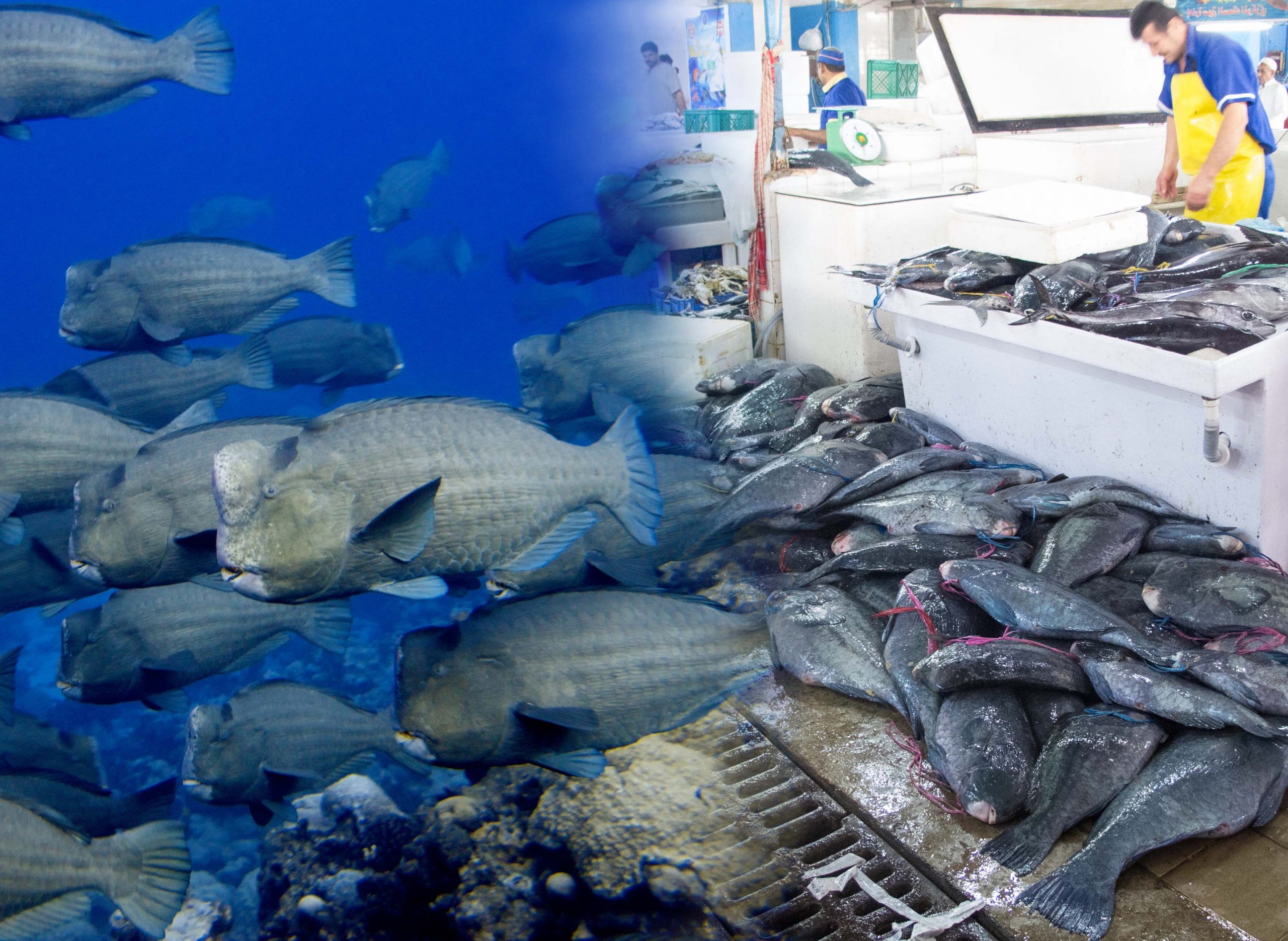Assessment of net community production and calcification of a coral reef using a boundary layer approach Abstract: Coral reefs are threatened worldwide, and there is a need to develop new approaches to monitor reef health under natural conditions. Because simultaneous measurements of net community production (NCP) and net community calcification (NCC) are used as important indicators of reef health, tools are … Read More
New publication from Smith lab & colleagues: Meet the Benthic Underwater Microscope (BUM)
Underwater microscopy for in situ studies of benthic ecosystems Abstract: Microscopic-scale processes significantly influence benthic marine ecosystems such as coral reefs and kelp forests. Due to the ocean’s complex and dynamic nature, it is most informative to study these processes in the natural environment yet it is inherently difficult. Here we present a system capable of non-invasively imaging seafloor environments and organisms … Read More
My first summer in the field – by Gideon Butler
My first summer in the field When I tell people that I spent six weeks on Maui this summer, nobody seems to believe that it wasn’t a vacation. I tell them that I was working from dawn to dark every day and that my body was covered in scrapes and bruises by the end, but all they hear is, … Read More
Envisioning Maui’s Reefs: Photomosaics as a conservation and analysis tool
The Smith and Sandin Labs in the Center for Marine Biodiversity and Conservation have been using new diver-operated technology to capture hundreds of reef images that will become a 200m² photomosaic. Coral reefs are global hotspots of species diversity and productivity that we value in the billions of dollars annually for fisheries, tourism, recreation, business, and coastal protection yet they … Read More
PhD student Maggie Johnson attends inspiring Gordon Research Conference
Gordon Research Conference: Global Ocean Change Biology I recently had the opportunity to participate in a Gordon Research Conference. If you haven’t heard of the Gordon conferences, you should take a minute and check them out (http://www.grc.org/about.aspx). They are based on a different format than the larger scientific conferences I have been too, like Ocean Sciences or the International Coral … Read More
Dr. Smith Featured in “Career Girls” Video!
Career Girls, Marine Biologist Dr. Smith. Career Girls is an organization dedicated to providing young girls of all income levels and ethnic backgrounds with the academic tools and support they need to achieve their professional aspirations. They do this by providing a “real world” context for a child’s academic studies, specifically through interviews with positive female role models and a … Read More
Smith Lab Undergraduate Niko Kaplanis wins Best Poster!
The Smith Lab Congratulates Niko!! Niko Kaplanis, a UCSD undergraduate who has been working in the Smith Lab for 3 years, won $500 for the Best Poster at the inaugural SIO Undergraduate Research Symposium on June 3rd, 2014. Niko’s poster describes his research on the detection, spread, and ecological impact of invasive seaweeds along San Diego’s coastline. Niko has been … Read More
SEA Days: Diving Deeper with Scripps Scientists
This Saturday, March 15th, Susan Kram will be talking about climate change and ocean acidification at Birch Aquarium’s March Sea Days
Coralline Algae: The Unsung Architects of Coral Reefs
Maggie Johnson is a third-year PhD student in the Smith Lab at Scripps Institution of Oceanography. This is a blog she wrote for the Smithsonian Institution’s Ocean Portal describing her recent cruise to the Southern Line Islands, along with other researchers from Scripps Institution of Oceanography, UC San Diego.
Smith Lab’s Clint Edwards Publishes New Paper!
Smith Lab’s Clinton Edwards is now a proud author of the Proceedings of the Royal Society Biology! His Master’s thesis: Global assessment of the status of coral reef herbivorous fishes: evidence for fishing effects examines the global status of herbivorous fish and how their presence affects the dynamics of the marine ecosystem. Abstract: Coral reefs are among the most threatened ecosystems on the planet due … Read More

